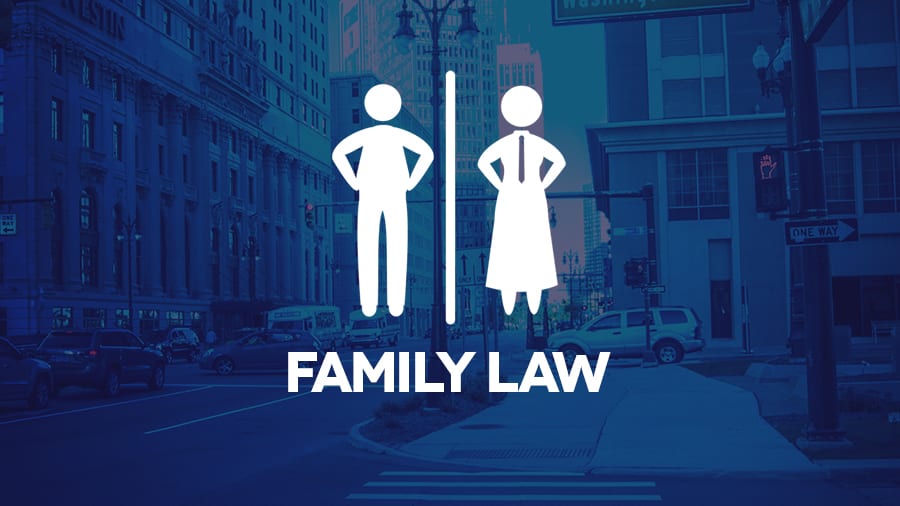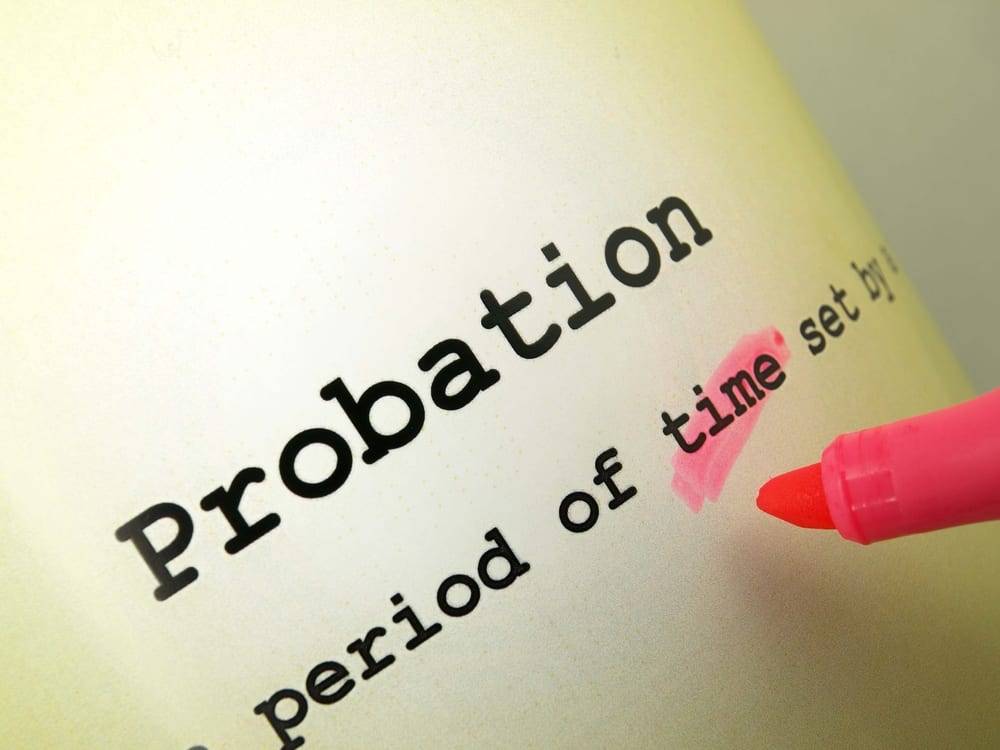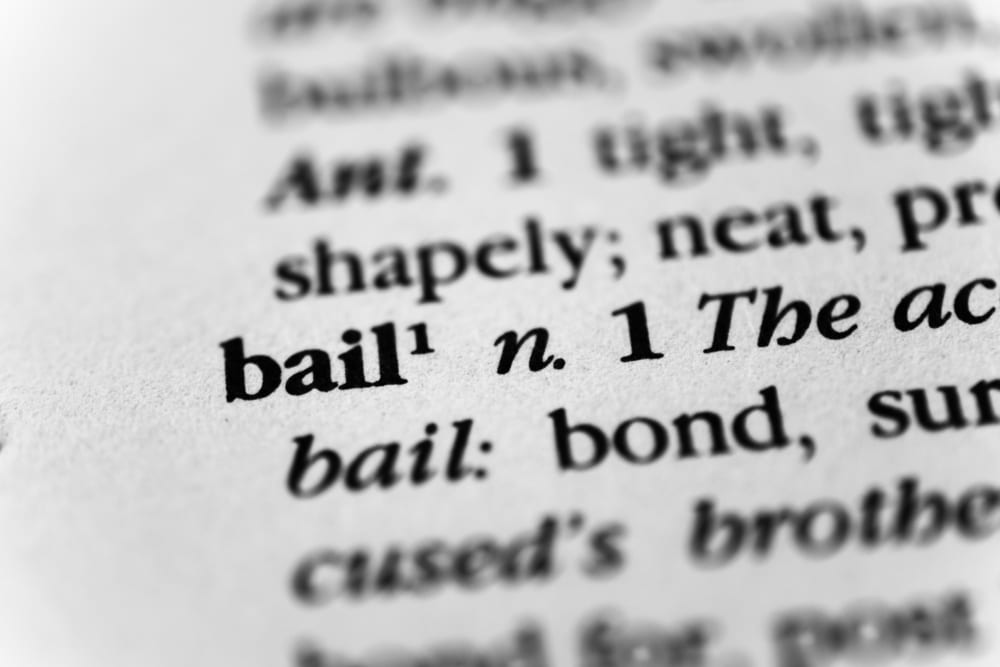Criminal Charges Against the Mentally Ill


Facing criminal charges can be a very confusing time for the accused and their families. Navigating the criminal justice system requires the help of an experienced and knowledgeable criminal defense attorney. Often if the Defendant also is plagued by a mental illness the complexity of preparing a defense can become distressing. The stress of going at the case alone can be taxing on both the accused and their support system. It is crucial that a mentally ill Defendant obtain the representation of a skilled criminal defense attorney to ensure that all their rights are protected and that they are receiving the best possible defense against the charges they are facing.
Frequently, in criminal proceedings, many Defendants are categorized as persons who also suffer from mental illness. It is common that mentally ill Defendants have been accused of committing crimes during periods of time when they are not adequately and/or properly medicated or during periods of time when they have not been taking their medications as prescribed by their psychiatrist. When this happens, most Defendants either have very little to no recollection of the incident date and time, or they are unable to assist their attorney in their own defense against the charges that have been filed against them. Depending on the severity of the crime, the Defendant’s criminal history, and the Defendant’s current mental health status at the time of the criminal proceedings, there are a variety of avenues that may be available to the Defendant to explore when going through this very trying process.
For instance, if the Defendant has a documented history of mental illness, however, was properly medicated and lucid during the time of the alleged offense, it is possible that at the time of any plea or conviction he or she may be eligible for the Court’s Specialty Mental Health Court Programming as a provision of sentencing. There are various conditions that must be met prior to being considered for most Mental Health Court programs. Additionally, it is important to note that not all Courts have a Specialty Mental Health Court Program. It may be necessary to attempt to either transfer the probation’s jurisdiction or, perhaps, to request specific terms of probation to address the Defendant’s unique individual mental health concerns.
In another example, if the Defendant has been diagnosed with a mental illness and was not properly medicated nor was he or she lucid during the time of the alleged offense, it is possible that the Defendant may be eligible for consideration of a No Contest or a Not Guilty by Reason of Insanity plea bargain. It is important to stress that full consideration is given to all the Defendant’s rights and defenses prior to entering into any plea agreement.
All criminal convictions will ultimately have consequences of some degree and these potential consequences should be discussed at length with your attorney. If tendering a plea is not the direction the Defendant and his or her attorney plan to take the case, it is possible that a forensic evaluation to determine criminal culpability is necessary. The Defendant must be apprised of, and, if able, consider each of the potential ramifications that a “favorable” forensic evaluation may have prior to submitting this referral to the Forensic Center. A forensic evaluation should never be used merely as a tactic to avoid potential criminal conviction or to cause delay, but, rather, to have an expert of psychiatry determine whether the Defendant is fully capable of possessing the requisite mind set to commit the alleged offense.
Finally, another very common occurrence in cases where the Defendant suffers from a mental illness arises when the Defendant is not lucid during the instant criminal proceeding. Therefore, the Defendant is unable to assist in his or her own defense, as is their right to do so in any and every criminal proceeding. So, what can be done? In this situation, the criminal defense attorney may be obligated to refer their client for a forensic examination to determine their competency to stand trial. The defense attorney should be experienced in dealing with the Forensic Center and utilize their expertise to make the best decision for their client in this regard knowing all potential outcomes of this decision prior to making it. For this, and many other reasons, it is pertinent that you tell your criminal defense attorney if you have ever been diagnosed with a mental illness to obtain the best possible defense of your case.
If you are facing a criminal charge and suffer from mental illness, call our offices today to consult with an experienced criminal defense attorney to discuss your options. Call 248-557-3645
273




